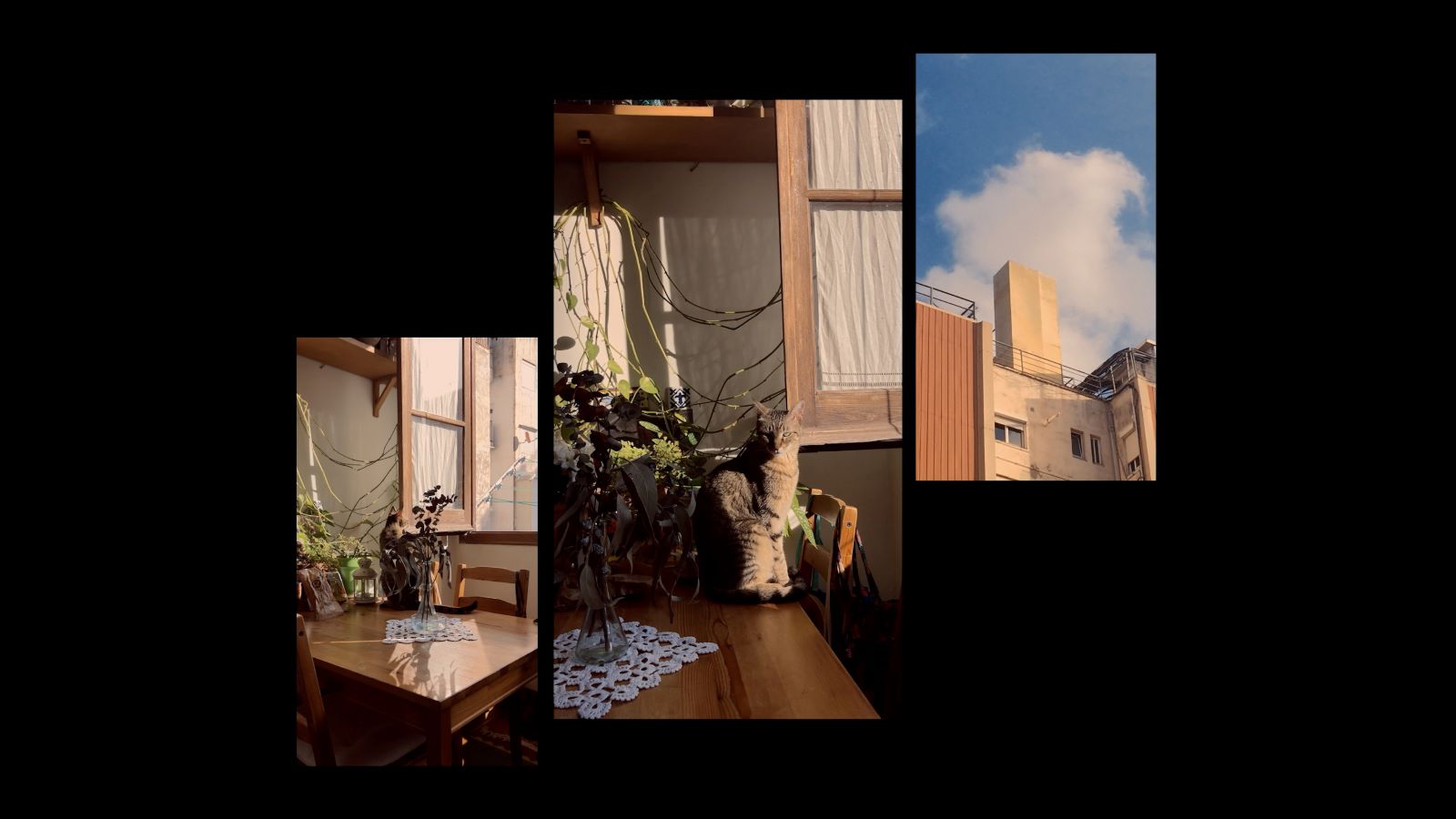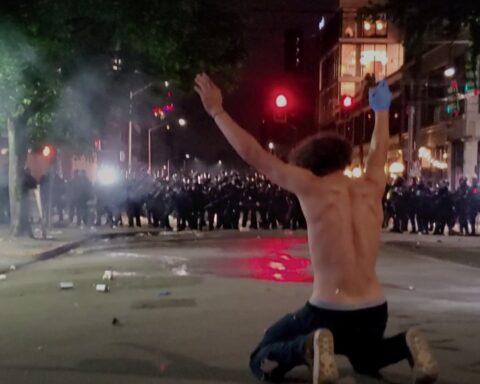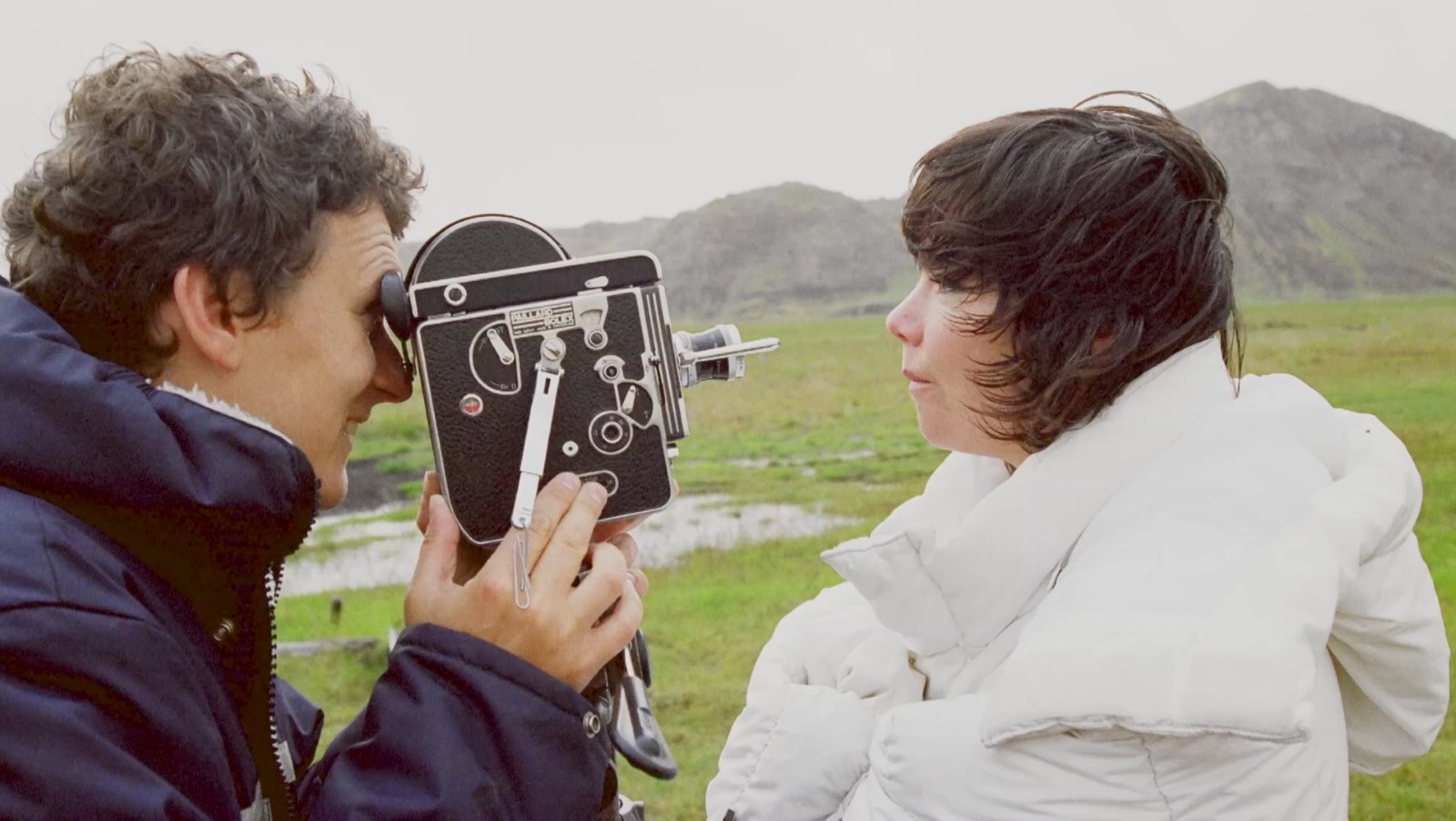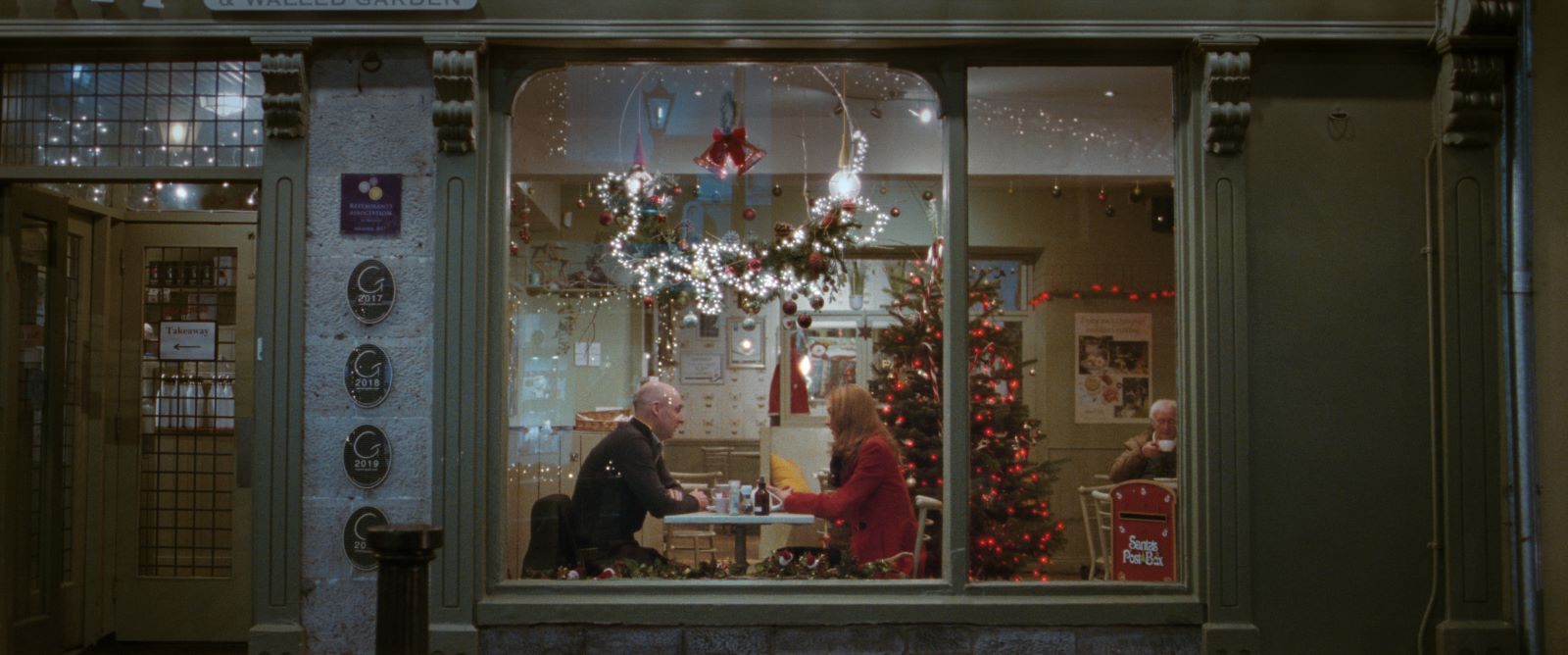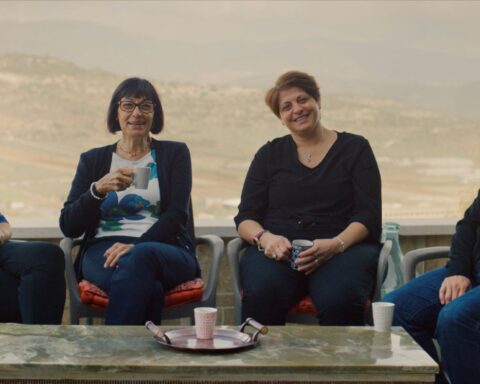My Sextortion Diary
(Spain, 64 min.)
Dir. Patricia Franquesa
Programme: Made in Spain (Canadian Premiere)
Throughout the 2010’s and into the height of the pandemic, the “screenlife” genre presented a way for filmmakers to tell stories using the growing language of the internet. These films convey story through the use of personal devices like laptops or smartphones, using tools like screen-capture to record story beats through text conversations and video calls, amongst other interactions. This method of filmmaking thoroughly sets modern stories within the modern world, but it also cuts through the monotony of digital isolation, and helps us find new ways of appreciating the power of technology that has since become routine.
Screenlife can find heart, humour, or horror in our screentime. However, many audiences have only been exposed to the genre through the lens of advantageously cheap horror films capitalising on the found footage frenzy. In reality, the genre holds tools for all types of stories, from the moving drama Language Lessons to recent the trans coming-of-age gaming doc Break the Game. However, a majority of the stories that would most benefit from screenlife techniques have yet to be told. That’s why it can feel galvanising when one experiences them being used to cover new ground and reinvent the medium. My Sextortion Diary is one such film, a pulse-pounding and formally daring piece of documentary filmmaking that explores screenlife in ways unseen in the genre until now.
The film’s title gives viewers an idea of what to expect: in 2019, director Patricia Franquesa (Estimada Sara) has her personal laptop stolen just as she is about to promote her latest work at a renowned film festival. Franquesa reacquires the laptop but is soon contacted by an anonymous hacker who has stolen much of her private information and threatens to mass email private nudes to her friends, family, and colleagues if she doesn’t pay their requested ransom. The director is then quickly introduced to the criminal act of sextortion which, in one study cited in the film, has affected 65% of Gen Z social media users and, in some cases, has led to victims taking their own lives. Despite its overwhelming presence in cybercrime, legal protections over intimate image abuse are still novel and law enforcement are less than helpful in the short-term. Left to her own devices – literally – Franquesa begins documenting her hacker’s digital paper trail and investigating their identity as a way to seek justice, all the while learning how to cope with such an intimate invasion of privacy.
Sextortion is still a relatively undocumented phenomenon (though not entirely; last year’s Another Body touched upon it with deepfake technology) in part because of its digital ephemera, so what better way to convey the experience than through similarly radical new cinematic tools? The film staunchly commits to its digital artifice: the story is only conveyed through digital means such as text messages, cell phone recordings, voice notes, and even sick memes. Franquesa also ensures that the screen captures often retain the aesthetic and sonic qualities of the platforms on which they’re used with only minor practical changes such as colour or sound effects. Each digital artefact feels real and recognizable to those who use them on a regular basis, however Franquesa finds other ways to make them feel new. Videos and messages are sometimes collaged together, for example, which is rarely seen in screenlife. This fills the frame with greater scale than a cell phone screen but also replicates the sensory experience of digital media. We move so quickly on our devices that our minds often retain multiple data points at the same time, so Franquesa cleverly makes them coexist in-frame.
Aside from being interesting experimentations in form, these choices also expedite the story. My Sextortion Diary flies at a blissful hour and change, a runtime that is paced with an expertly balanced push-and-pull of suspenseful intrigue and meditative slice-of-life. Every progression in Franquesa’s relationship with and investigation of her hacker grabs your throat and doesn’t let up. The hacker even becomes its own bizarrely fascinating character. Part of this is in the way Franquesa portrays them: with a robotic, two-toned voiceover edited to close-ups on each word of each email, injecting the film with a crafty but troubling energy. The other part is the threatening content of their emails; the digital antagonist appears to put thought and care into their correspondence like a cheeky Bond villain (one email ends with a smiley face). This tension is palpable and compelling, but is never lost when transitioning to slower long takes of just Franquesa simply staring at her screen, contemplating next steps. The director captures her life through a voyeuristic lens, often using lo-fi webcam videos and selfie-mode cellphone reconstructions to evoke the perspective her hacker may have. And yet, through an audience’s eyes, it never feels like exploitation. It is merely a lens into her own psyche—observant filmmaking stripped down to its bare essentials.
Viewers will be so entranced by the film that they may be off-guard when it ends at its peak. Conventional wisdom says to not overstay your welcome, but epilogue interstitials imply that there is still more to the story than what Franquesa shows us. (Although I wouldn’t call this film a capital M mystery, it feels wrong to spoil any of its twists and turns in this review.) It would have felt even more satisfying for Franquesa and her crew to have waited out more details so they could end the story on an even higher note. Then again, it’s not entirely clear how long it would’ve taken due to the justice system’s lethargy in addressing the film’s very subject matter.
Filmmakers need to strike while the iron is hot, so anything lacking is more than made up for in it being able to be seen at all. It feels like a first of its kind, an autobiographical account on the state of online privacy, or lack thereof, using the very tools in which that privacy is often unwound. And yet, these tools are reclaimed by a filmmaker who is unequivocally in control of her own abilities. It is as sobering as it is thrilling and, for these reasons and more, is a must-see.




